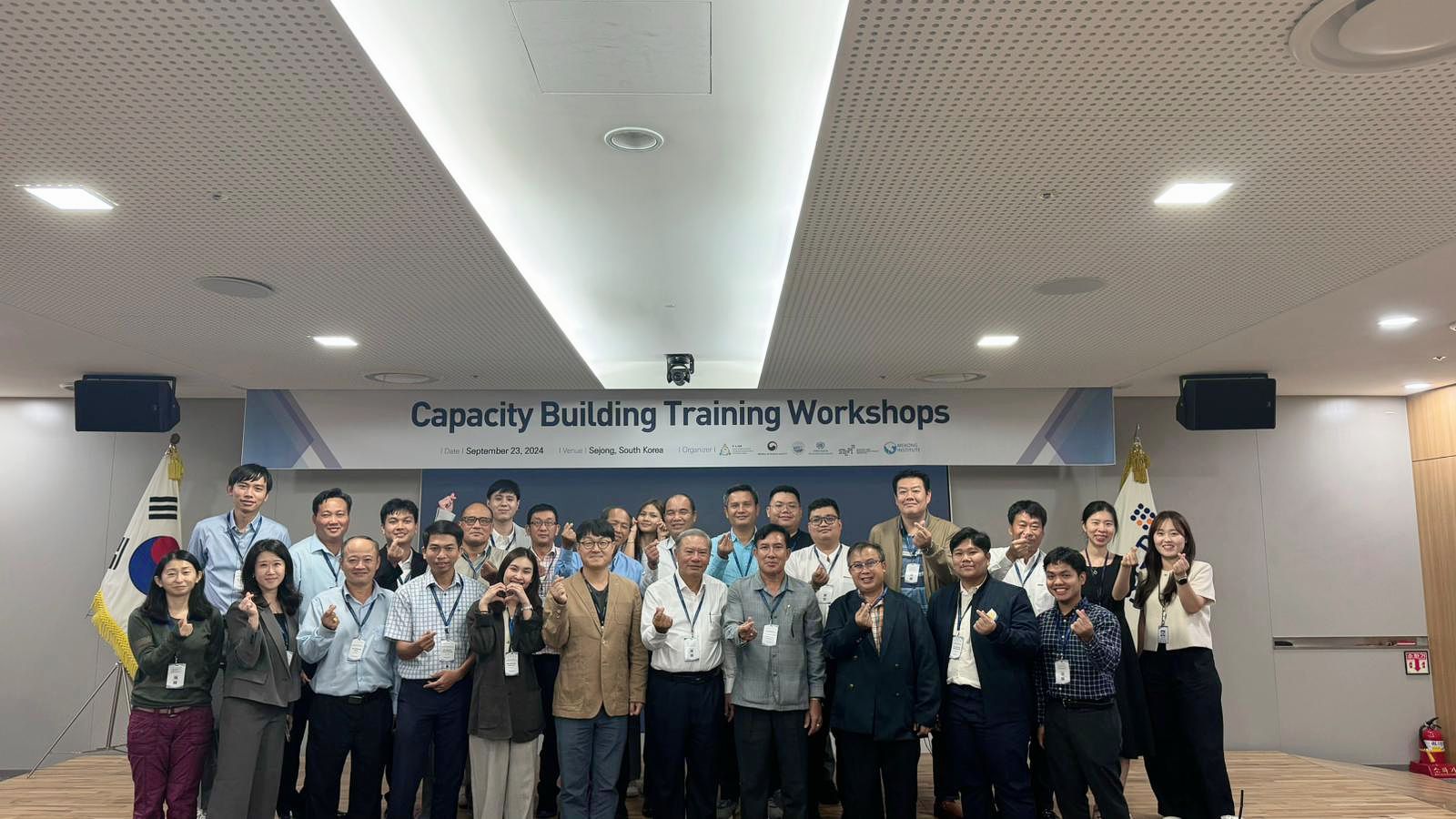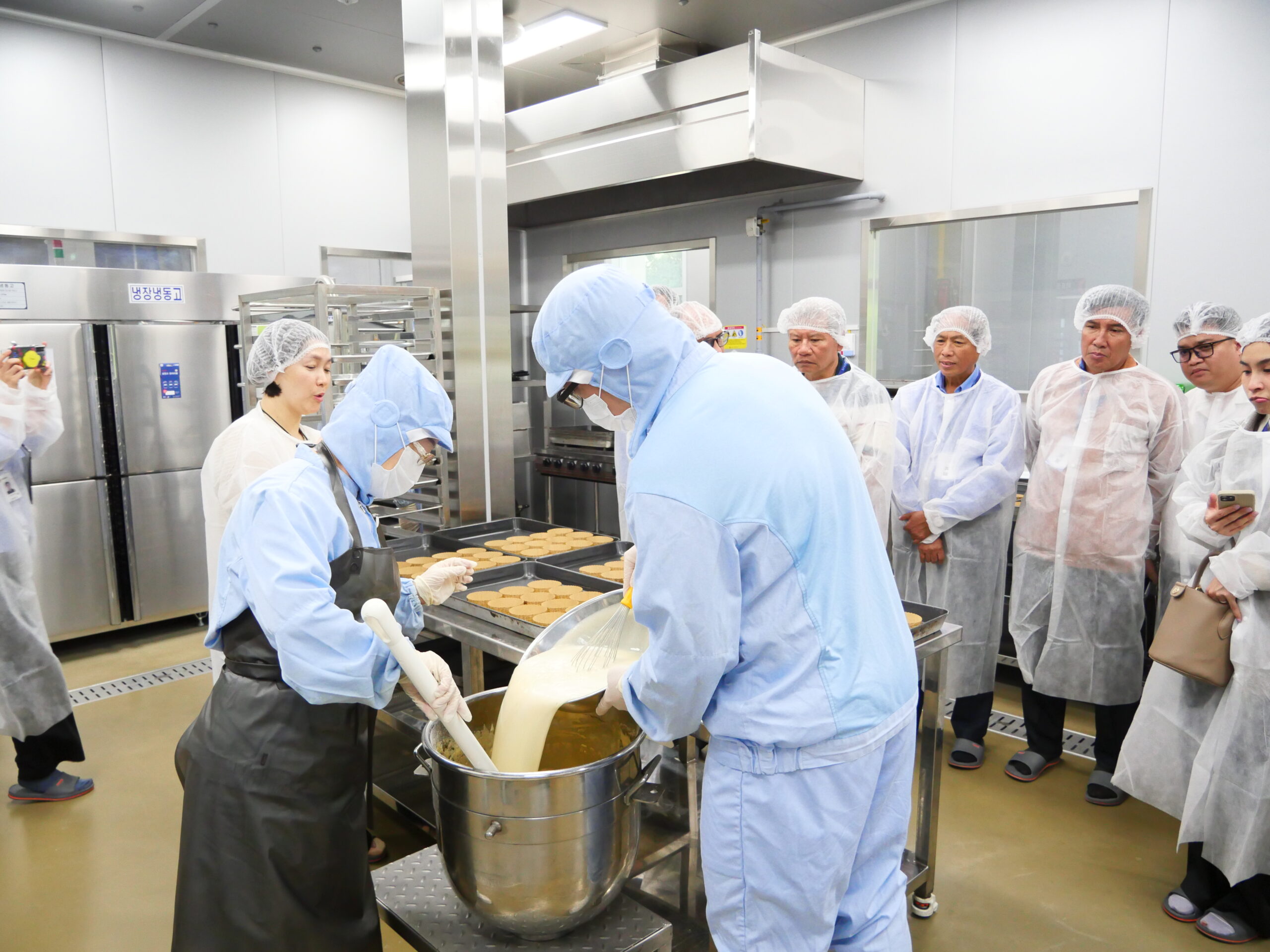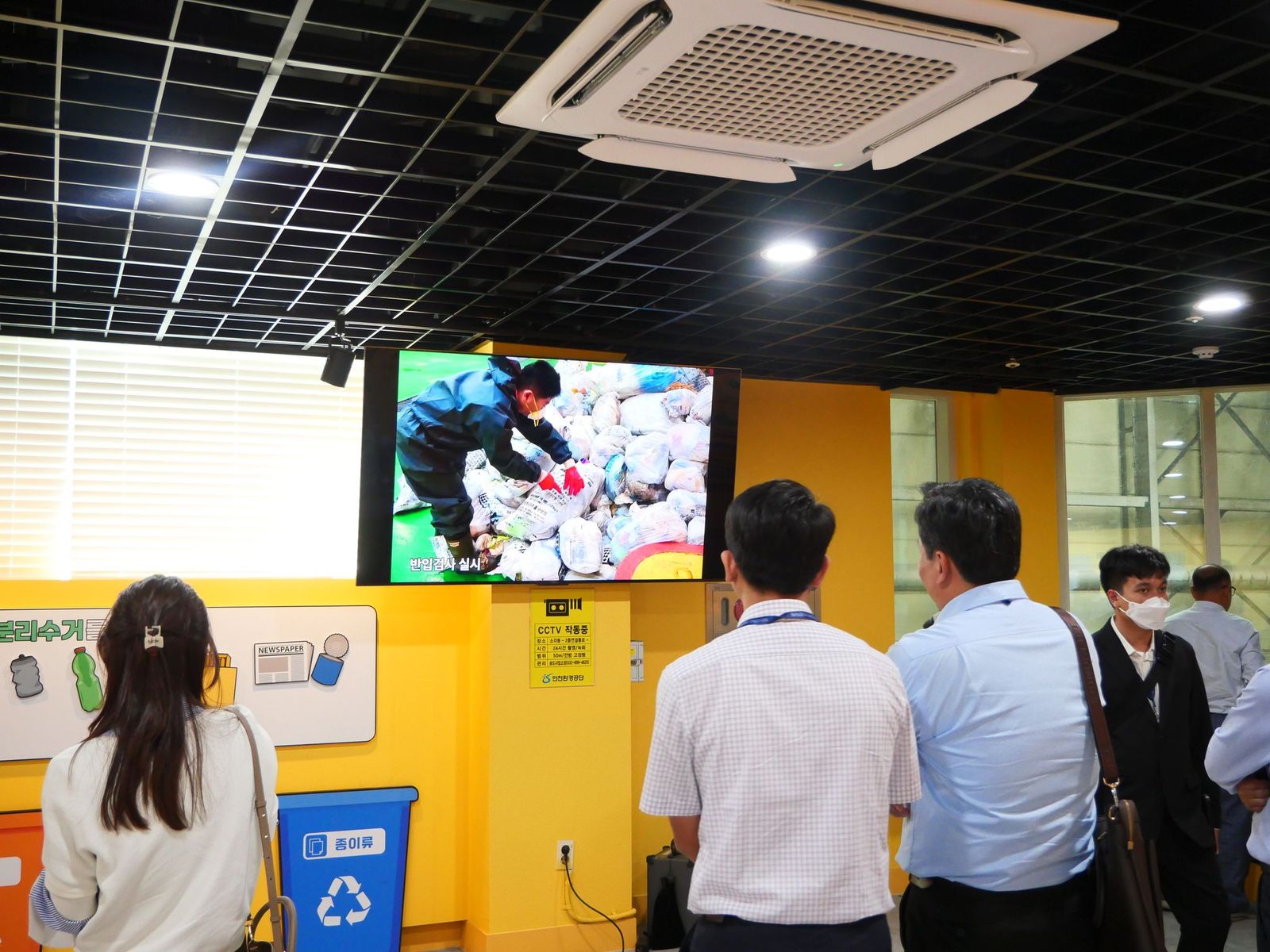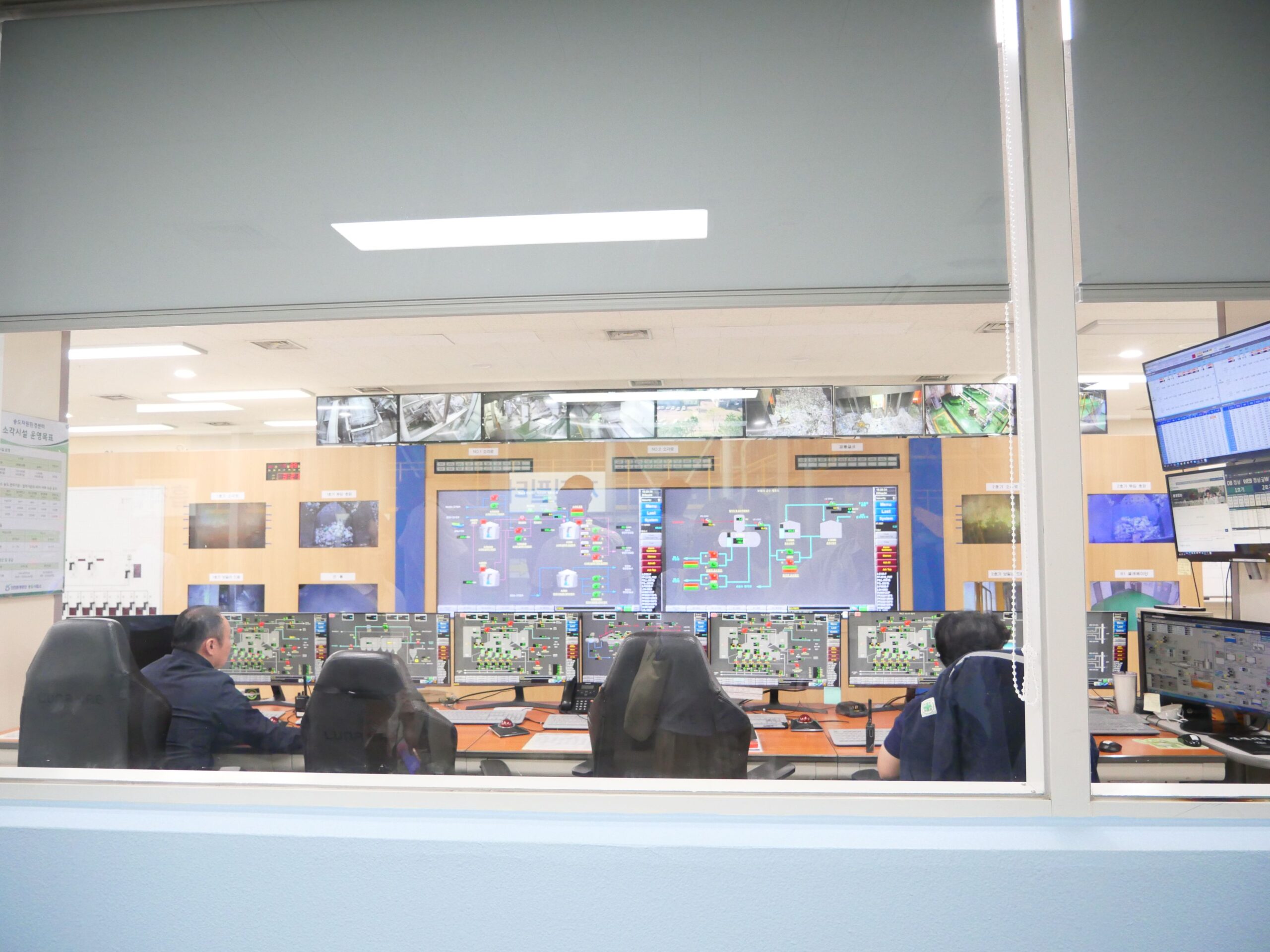
September 23-26, 2024 – Over 20 representatives from regional, national, and local institutions gathered in the Republic of Korea (ROK) to explore advanced technologies and sustainable practices for tackling Water-Energy-Food (WEF) Nexus challenges. Jointly organized by the UN Office for South-South Cooperation (UNOSSC), Mekong Institute (MI), the Science and Technology Policy Institute (STEPI) of Korea, and the Mekong River Commission Secretariat (MRCS), the 2nd Regional Training of Trainers (TOT) took place as part of the ROK-UNOSSC Facility Phase 3/P-LINK project.
Titled “Exploring the Republic of Korea’s Good Practices Under the WEF Nexus Framework,” the study visit equipped government officials—primarily from the environment, water, and agriculture ministries—with critical skills and knowledge on integrated technologies to address interconnected WEF challenges.
Participants engaged in comprehensive sessions and site visits across seven selected locations, which showcased Korea’s tailored solutions in water, energy, and food management. The visit emphasized key WEF nexus technologies, with a particular focus on advancements in water treatment, early warning systems, Integrated Water Resource Management (IWRM), and desalination.

The group began at K-water, where they explored IWRM and flood control through a guided tour of treatment facilities and a detailed presentation on desalination methods. At WI.Plat, a private firm involved in Thailand’s national pilot project on water leakage detection, participants saw practical applications of technology in resource conservation. They also joined discussions at STEPI, delving into national policies that support WEF-related initiatives.


At the Rural Development Administration (RDA), the group was introduced to the Smart Nexus for Agriculture in Korea (SNAK) platform, which assesses sustainable management of water, energy, and food resources by analyzing food demand relative to population size, climate change, and resource utilization. Designed for policymakers, SNAK provides a decision-making system with scenario-based insights highlighting interconnections among climate, water, energy, and food security.


The group continued with a visit to the Climate Technology Centre and Network (CTCN) to explore technical assistance projects aimed at addressing climate challenges. At UNDRR ONEA-GETI, they examined disaster risk reduction strategies and climate adaptation initiatives. The final stop was the Environmental Corporation of Incheon (ECO-I), where participants toured waste management facilities to observe processes for waste treatment, filtration, and incineration.
To conclude, participants shared key insights and discussed potential applications of the knowledge, tools, and strategies gained throughout the visit. They also explored opportunities to enhance sub-regional cooperation within the WEF nexus framework, aiming to create impactful and sustainable solutions for the Lower Mekong region.
